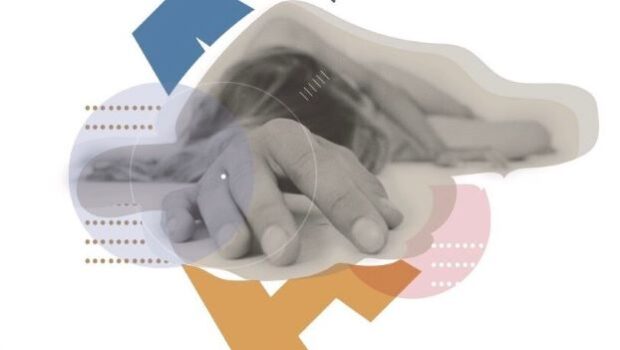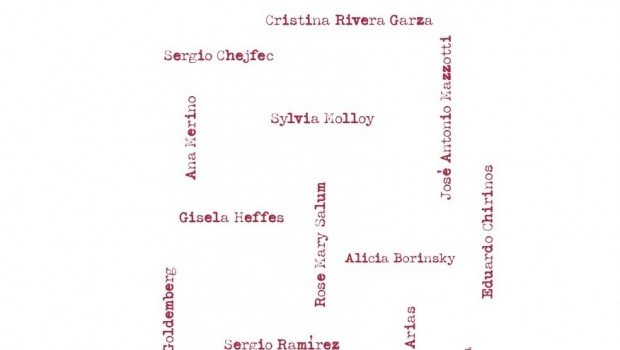A Journey of Self-Discovery
David D Medina
 Ana Clavel,
Ana Clavel,
Shipwrecked Body,
Aliform Publishing, 2010.
In Shipwrecked Body, a 27-year-old woman from Mexico City wakes up one morning in a man’s body and begins a journey of self-discovery. Full of doubt about her gender, she moves in a world of shadows where nothing is certain.
This sexy, Kafkaesque novel poses the question of identity: what determines who we are? Is it our bodies? No, says the protagonist, Antonia, who explains that misunderstandings begin with appearances. “Identity begins with what we desire,” she explains. Or, she adds, what desires us.
Ever since she was a child, Antonia wanted to be a man, not necessarily to have a man’s body, but to live life as a man—one that seemed to be freer and more fulfi lling than that of a woman. In her quest to explore the masculine world, she must learn to be the aggressor, “the knight who charges forward.” She must also learn how to use a space that is strictly limited to men: the urinal.
Urinals become a source of fascination for Antonia, who sees them as a sensual receptacle shaped to resemble female hips, a mouth or a vagina in which men relieve themselves. Could this be a metaphor for men who take pleasure even in the most mundane, Antonia wonders? Obsessed with this new discovery, Antonia enlists the help of a few male friends to show her the various types of urinals the city has to offer.
Antonia also sees urinals as an ambiguity —beautiful objects that must handle the ugly bodily waste. Shadows, labyrinths and Minotaurs come to symbolize the vagueness of life in the novel, that nothing is one-dimensional or so certain as to be black and white with defi ned boundaries. Life is a gray matter to be explored and enjoyed.
Desire forms our identity, Antonia believes, and those desires come from without, which we must submit to if we are to find ourselves. She offers the example of blind eels that follow their natural instinct in traveling thousands of miles to reach their home. But desire is never innocent, she explains. “As soon as it awakens, it plots, schemes, lurks.”
Antonia schemes to find herself by having sex with a woman and then a man before settling on a woman as the object of her desire. After she suffers disappointment in her relationship, Antonia learns that she must move forward amid her doubts to fi nd the person she or he really is. Like a shipwrecked person, she must swim for survival.
The writing in this compact novel of 143 pages is often brilliant and poetic, but at times it falters with unnecessary repetitive phrases and wordiness. It also doesn’t help that the translation, though adequate, is occasionally marred with faulty grammar (“No, you didn’t said …”) and awkward sentences (“Malva went off down the hallway…”).
Despite these minor flaws, Ana Clavel has created a daring book: she depicts the masculine world of Mexico with all its taboos in a convincing, intriguing, and controversial manner.
Posted: April 25, 2012 at 9:08 pm










